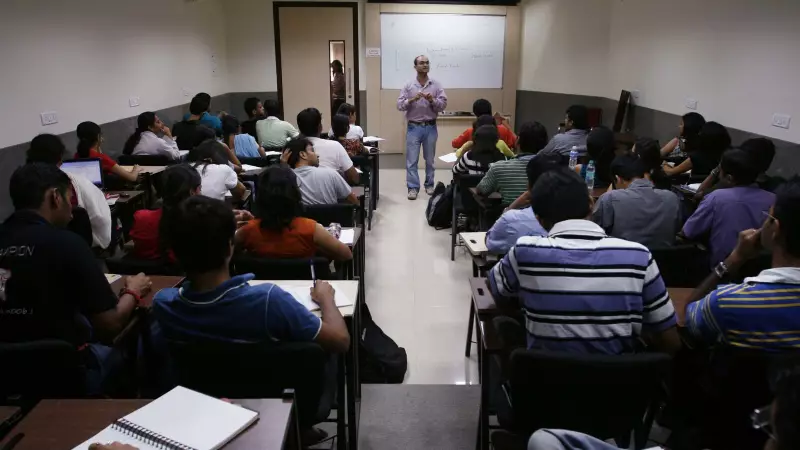
India's economic narrative since the 1991 reforms has been one of remarkable growth, but beneath the surface lies a troubling reality of deepening inequality that demands urgent attention. Two Nobel laureate economists, Joseph Stiglitz and Amartya Sen, provide crucial insights into why the country's development model needs serious reconsideration.
The Human Cost of Economic Growth
While India's GDP figures paint a picture of prosperity, the ground reality tells a different story. The nation's embrace of neoliberal economics has created what experts describe as a "pro-rich" system that disproportionately benefits the wealthy while leaving millions behind. The statistics are sobering: a staggering percentage of national wealth remains concentrated in the hands of a tiny elite.
Beyond Numbers: The Capability Approach
Amartya Sen's revolutionary "capability approach" offers a more humane way to measure progress. Rather than focusing solely on income metrics, this framework emphasizes what people can actually do and be—their access to education, healthcare, and opportunities for meaningful participation in society. By this measure, India's development story appears far less impressive.
Where Current Policies Fall Short
The current economic framework suffers from several critical flaws:
- Wealth concentration: Economic gains increasingly flow to those already at the top
- Inadequate social spending: Essential services like healthcare and education remain underfunded
- Jobless growth: Economic expansion hasn't translated into sufficient quality employment
- Regional disparities: Development benefits remain unevenly distributed across states
A Call for Fundamental Reform
Stiglitz and Sen argue that tinkering at the edges won't suffice. What's needed is a fundamental rethinking of economic priorities—one that places human welfare at the center rather than treating it as an afterthought. This means robust social safety nets, progressive taxation, and policies that genuinely empower the most vulnerable.
The message from these distinguished economists is clear: India cannot continue with business as usual. The time has come for an economic model that delivers not just growth, but growth with justice and dignity for all citizens.





